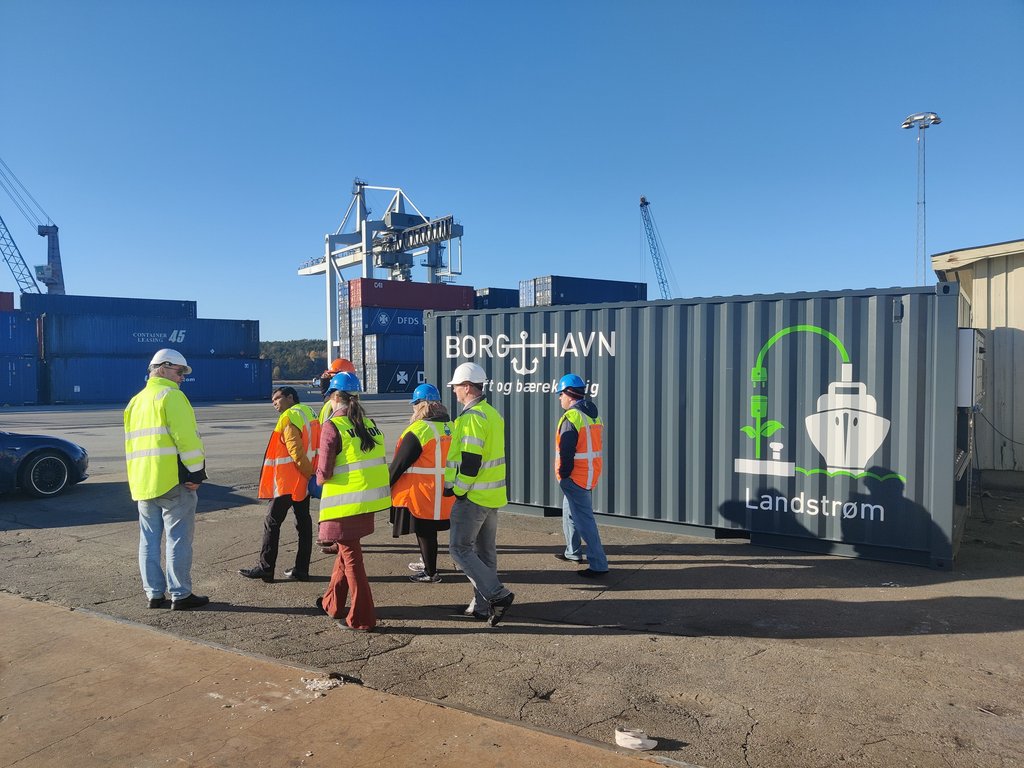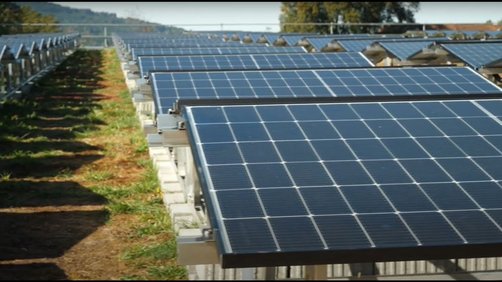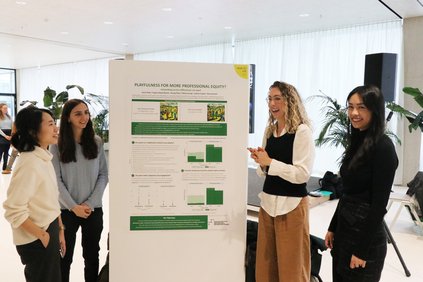Research - 03.07.2023 - 09:00
HSG makes successful contribution to the European-funded E-LAND Horizon 2020 project
The H2020 project was established to provide collaborative solutions for stakeholders searching for more sustainable answers to their energy needs.

The H2020 project was established to provide collaborative solutions for stakeholders searching for more sustainable answers to their energy needs.
More and more, communities are seeking to integrate renewable energy into their current energy networks, involve consumers and develop more decentralized energy supply structures. Finding suitable and economically viable solutions to meet the specific needs of a community can also be a challenge especially if the region is isolated or has issues with current grid connections.
The aim of the European-funded H2020 E-LAND Project was to provide solutions to technological, societal and business challenges that energy communities face in attempting to make such changes. In addressing these challenges, researchers and practitioners developed the E-LAND Toolbox. The Toolbox is designed to help energy communities to identify the challenges and possible solutions to decarbonize their energy supply. Technical, business and community aspects are integrative elements to the toolbox. University of St.Gallen was responsible to develop the business model innovation tool for energy communities together with Smart Innovation Norway.
Influence from St.Gallen Business Model Navigator
Assistant Professor of Managing Climate Solutions Merla Kubli has been involved with the project since 2018 that was initiated by Adjunct Professor Moritz Loock. She notes that the Toolbox is an adapted version of the St.Gallen Business Model Navigator, tailored to the needs of energy communities. “It provides communities with a starting point, a way of identifying their energy needs, and a guide to assessing what sustainable options would be best for them,” said Kubli.
Key Benefits
One benefit of the toolbox is that it allows users to configurate the business model for the specific challenges of individual energy communities. The 25 business model design options allow for a diverse set of configurations. The tool builds on 90 implementation examples that have been proven successful for a variety of companies and energy communities and allows users to gain insight from similar projects.
The E-LAND business model innovation tool looks at design options to build a unique business model. The framework consists of five core areas: community value proposition, energy community members, energy value capture, key functions, and network effects.
Global scope
The entire scope of the E-LAND Project included many partners including other universities, private firms and four pilot sites looking to decarbonize and diversify their energy sources. The pilot projects involved with the project serve as a testing field to further perfectionize the E-LAND Toolbox and are taking suggestions from E-LAND to integrate them into their daily routines. One success story with the project comes from Borg Havn – a port authority in Norway which is making the transition to using electric port equipment and cranes. Kubli noted that, “The port of Borg is successfully decarbonizing their port operations, from electric tugs (huge forklifts), maximizing their solar generation on site and electrifying the ship shore connection for the cargo ships. Their success is starting to have an influence on how other surrounding ports are being managed.” Similar to Norway, other pilot projects are also taking place at a technopark in Spain, on a university campus in Romania and a township in Southern India. “One key learning from the E-LAND project is that there is not a one size fits all approach to energy communities; each of the four pilot sites developed their very own business model tailored to their ambitions and adjusted to local challenges and opportunities,” reflects Merla Kubli.
Open access
The E-LAND Toolbox was developed by researchers at the HSG and Smart Innovation Norway, a nonprofit research and innovation company which focuses on the green shift and new sustainable jobs. Along with its practical approach and application, Kubli, together with co-author Sanket Puranik, has published her findings in the academic journal Renewable and Sustainable Energy Reviews (impact factor 16.799).
The E-LAND Toolbox is open access and is available on the project website. The developers hope that by making it available to the general public that it will become a familiar resource for those with energy transition challenges. A pdf card deck is also available.
An overview of the E-LAND Horizon 2020 project at: elandh2020.eu and in a video contribution
Merla Kubli is assistant professor for Managing Climate Solutions & Programme Manager of the master certificate in Managing Climate Solutions at University of St.Gallen (MaCS-HSG).
Image: Visit at Port of Borg, Norway
More articles from the same category
This could also be of interest to you
Discover our special topics
















